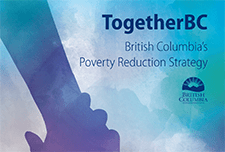Discover financial empowerment resources
Discover financial empowerment resources
There’s more to the college affordability crisis than the mere fact of debt. “You know, 80% of people with student debt say it causes them to delay things like getting married, buying a house, having kids,” says Aaron Kuecker, president of Trinity Christian College. “Two-thirds of folks who...

Ontario faces three crises in housing – attainability, affordability and homelessness. These crises were and are exacerbated by the ongoing COVID-19 pandemic. The economic chaos created as our American allies become difficult neighbours threatens to pile on top of the COVID-19 damage before our...
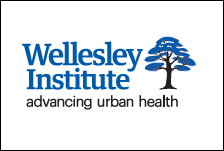
Canada’s Black population has grown significantly over the last two decades and now accounts for 4.3% of the Canadian population. This diverse community includes those with deep historical roots, particularly in Atlantic Canada, alongside recent migrants from the Caribbean, Africa and beyond....
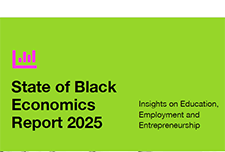
The policy brief, Provincial spending on housing and homelessness in Ontario, presents a stark reality: homelessness in Ontario is worsening, with chronic homelessness nearly doubling in just two years. The policy brief finds that: Homelessness is worsening: Over 81,000 Ontarians experienced...

The COVID-19 pandemic and post-pandemic recovery were “feast and famine” for the budgets of low-income families and individuals across Canada. Because of the income support programs put in place to help Canadians affected by workplace shutdowns, the poverty rate fell to 6.4% in 2020, down by...

This year marks the 35th anniversary since the passing of the unanimous all-party federal resolution to end child poverty in Canada by the year 2000. Using tax filer data from 2022, the latest available, this year’s report card found a troubling trend: child poverty increased at record rates two...

Shared equity homeownership is a self-sustaining subsidy model for achieving affordable homeownership. Stable and affordable homeownership is an important way to build long-term wealth, increase a sense of agency, and create a path to economic security for individuals, communities, and future...
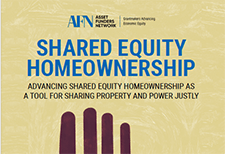
This toolkit provides: An overview of some solutions that shelter providers can implement to improve their service delivery and processes in a way that upholds the rights and dignity of shelter residents. Helpful resources to support shelter providers, advocates and lived experts in...
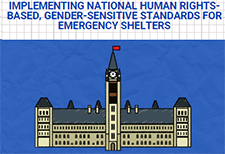
Through well-timed and thoughtful updates to their employee savings program, the number of Best Buy employees participating in the savings program increased from 4,500 to more than 7,000 and employees’ savings grew $1.5M. Interventions included enhancements to the program marketing content,...
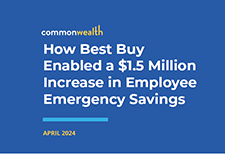
Visitors to the Learning Hub may read past copies of the quarterly Learning Hub Digest where we share quarterly updates to keep you informed on the latest financial empowerment, resources, research, and learning events. Issue 17: December 2025 Issue 16: September 2025 Issue 15: June 2025 Issue...

While available research indicates that gender-diverse persons experience intersecting challenges to accessing adequate housing in Canada, there has been limited human rights analysis of this group’s experiences. Available research indicates that trans and gender-diverse persons experience...
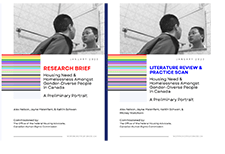
The Canada Disability Benefit is an opportunity to guarantee that people with disabilities can live a life with dignity and have an adequate standard of living. For the new Canada Disability Benefit (CDB) to meet its goal of financially supporting and reducing poverty of people with disabilities,...

Poverty stems from experiences of exclusion and isolation in addition to a lack of financial resources, especially for equity deserving members of society. When individuals feel disconnected and undervalued, it can lead to a cycle of poverty that can be further perpetuated by race, ethnicity,...
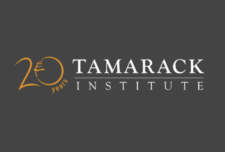
The National Housing Strategy Act (NHSA) of 2019 introduced landmark human rights mechanisms aimed at addressing systemic housing issues in Canada. These mechanisms enable rights holders who have borne the brunt of Canada’s housing crisis to have their voices heard, claim their rights, and offer...
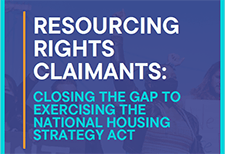
This report presents the findings of research aimed at advancing social innovation and social finance in Canada. The study focused on understanding the enablers and barriers of social finance, as well as exploring why social purpose organizations (SPOs) engage in social finance. The research also...
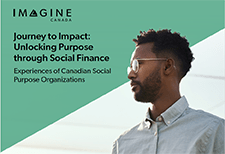
Working poverty is pervasive, racialized, and until the pandemic, was increasing in Toronto and across Canada. Until the pandemic, this increase was counterintuitive, during 2006 to 2016, as most of this ten-year period had been characterized by one of the most prolonged economic recoveries in...
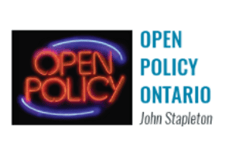
November 26 is National Economic Abuse Awareness day. The Canadian Centre for Women's Empowerment has published their report on the state of economic abuse in Canada; championing financially strong futures for survivors. Here are some additional resources of potential interest: The economic...
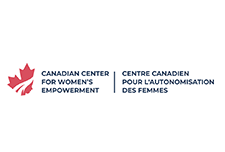
This discussion paper begins by explaining what is commonly understood as child care and how child care expenses currently enter the market basket measure (MBM) methodology. It then describes an alternative approach to account for child care expenses by incorporating them as a separate component...

While there is no official definition of responsible or sustainable investing, many investors would like to adopt an investment approach that combines environmental, socials and governance (ESG) factors with traditional financial research. The Autorité des marchés financiers has compiled...

In 2019, a comprehensive review (The Countervailing Power: Review of the coordination and funding for financial counselling services across Australia) of financial counselling services in Australia was undertaken and recommendations to ensure the long-term viability of the financial counselling...
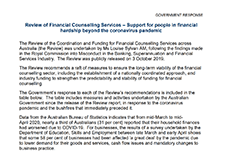
In August 2018, the Government of Canada announced Opportunity for All – Canada's First Poverty Reduction Strategy. The Strategy included a commitment to the UN Sustainable Development Goal's target of reducing poverty by 20% by 2020 and 50% by 2030. Opportunity for All included the adoption...

Canada is a prosperous country, yet in 2015 roughly 1 in 8 Canadians lived in poverty. The vision of Opportunity for All – Canada's First Poverty Reduction Strategy is a Canada without poverty, because we all suffer when our fellow citizens are left behind. We are all in this together, from...

As part of Momentum’s systems change planning process that was grounded in both participant and community experience, the issue of payday loans and other forms of high-cost credit (e.g., pawn, installment, rent-to-own, title and car loans) emerged as a priority issue for Momentum to address the...

This brief outlines how beneficiaries are using online platforms to identify breakdowns in public services, celebrate the positive impact of public policy and urge reform. Ways in which government can capitalize on widespread social media feedback and begin to build long-term measures to center...
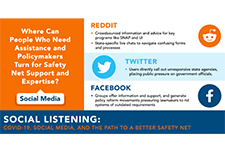
British Columbia’s Poverty Reduction Strategy, sets a path to reduce overall poverty in B.C. by 25% and child poverty by 50% by 2024. With investments from across Government, TogetherBC reflects government’s commitment to reduce poverty and make life more affordable for British...
